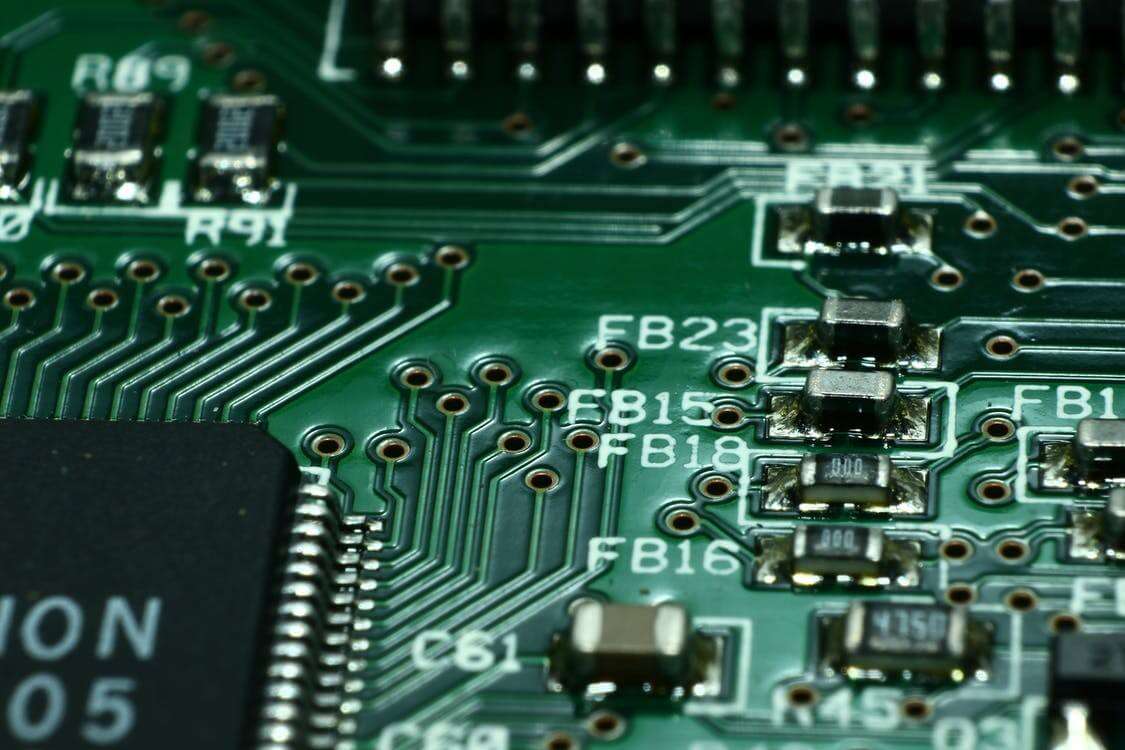Is CPU mining profitable? That is the million-dollar question, and the answer is both yes and no. It all depends on the cost of electricity and other associated costs such as hardware, maintenance, and cooling costs.
For those wanting to mine cryptocurrency with a CPU, it is crucial to understand that these machines are not as powerful as GPUs or ASICs, so they must work much harder to solve equations and receive rewards. This means that electricity costs can quickly eat away at potential profits.
One must find low-cost electricity sources to offset the hardware and other associated costs to maximize profitability in CPU mining. The aim should be to reach a break-even point where revenue equals all expenses combined. However, some people may opt for CPU mining for experimentation or hobbyist pursuits regardless of its cost-reward balance.
Is It Worth Doing CPU Mining
No, CPU mining is generally not seen as worth doing due to its relatively low-profit potential compared to other methods, such as GPU or ASIC mining. People interested in cryptocurrency mining may find CPU mining attractive because it is low in upfront costs, and some currencies were designed with CPU mining in mind. However, CPUs have lower hash rates than GPUs and ASICs, so it isn’t as viable as GPUs and ASICs for those looking to maximize their rewards.
Cryptocurrency mining involves verifying digital transactions and adding them to the public ledger known as the blockchain. This activity results in miners earning rewards in the form of cryptocurrencies. Cryptocurrency can be mined using various methods, including CPU mining which uses a computer’s central processing unit (CPU). Due to their slow speed, CPUs usually generate fewer coins per cycle than more advanced devices like GPUs and ASICs, which means miners need more time to recover their costs before they can start earning.

Moreover, blockchains often reward miners based on how much computing power they contribute to validating network transactions. As such, those using CPUs may receive fewer rewards than those using more powerful methods. Consequently, although CPU mining is cheaper upfront than specialized hardware like ASICs or GPUs, it is still unlikely that one will get sizeable returns from this method without investing significant amounts of time and energy into the process.
While CPU mining has its advantages—such as being cheaper upfront—it is generally not seen as worth doing due to its relatively low-profit potential compared to other methods, such as GPU or ASIC mining. Thus, if you are considering getting involved in cryptocurrency mining and want to maximize your returns, you should consider investing in more powerful hardware instead of relying solely on your CPU’s capabilities.
Mining cryptocurrency with a CPU is possible, but it is usually not the most profitable way to do so. The most efficient and cost-effective mining today uses specialized hardware like ASICs miners. There are still some coins that are more profitable to mine with a CPU than others; Zcash (ZEC), Monero (XMR), Grin (GRIN) and Aeon (AEON) are notable examples of these.
Mining these coins with a regular home computer can be done with minimal setup, and depending on your hardware configuration, you may see a return on your investment. However, given the difficulty level and coin price fluctuations, profits vary greatly and must be constantly monitored.
Other factors must also be considered when deciding which coin to mine with a CPU, such as transaction fees, coin supply, block reward, hashing algorithm, etc. Considering all of these will help you identify which coin will be the most profitable for you in a longer time frame.

Mining cryptocurrency with a CPU is not as rewarding as other methods like ASICs or GPU rigs, it can still be done if managed properly. With adequate research, you should be able to identify which cryptocurrency will bring the best returns based on your individual needs.
How Much CPU Do I Need for Mining
Mining is an essential part of cryptocurrency such as Bitcoin and Ethereum networks, but knowing how much CPU power you will need for successful mining can be difficult.
The amount of CPU power you need for mining depends on the type of hashing algorithm you are using, the amount of miners on the network, and your own personal hardware setup.
A mid-range computer will do just fine if you’re using a standard hashing algorithm such as SHA-256. The most essential factor in determining how much CPU is necessary for successful mining is the number of miners competing against each other. If there are more miners than available blocks, then miners will be forced to choose lower difficulty hashes and vice versa.
A faster CPU can improve your chances of finding blocks faster than those with less powerful machines—but if everyone on the network has powerful GPUs and ASICs (Application Specific Integrated Circuits), investing in this technology may not be worth it.
Finally, the specific hardware you’re using will also matter when it comes to successful mining; especially if you’re opting for something like GPU or ASICs to help increase your chances at finding blocks faster than others. A powerful graphics card can often yield better results than a weaker one, so it’s essential to consider your budget and choice carefully when looking into these options.
In conclusion, determining exactly how much CPU you need for mining depends heavily on the hashing algorithm being used, the number of miners on the network and your hardware setup—so it’s best to do some research and crunch some numbers before taking the plunge into cryptocurrency mining!

